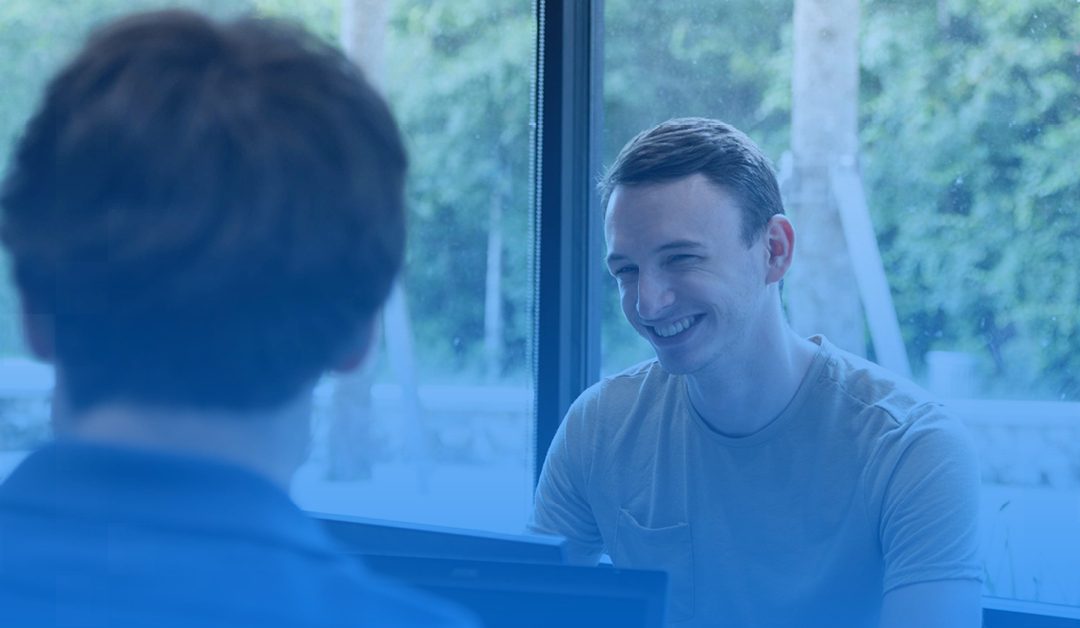
by info-services@infotechinc.com | Jun 25, 2020 | Blog
 One of Infotech Consulting’s Summer 2020 Interns, Hayden Hampton, sat down to answer a couple of critical questions about his academic interests, his internship expectations, and his desired superpower. Check out this interview to get a glimpse of the next generation.
One of Infotech Consulting’s Summer 2020 Interns, Hayden Hampton, sat down to answer a couple of critical questions about his academic interests, his internship expectations, and his desired superpower. Check out this interview to get a glimpse of the next generation.
What university are you attending and what is your area of study?
University: University of Central Florida
Major: Big Data Analytics
What drew you to that area of study?
I have a passion for math, statistics, business, and computer programming.
What has been your favorite course outside of your area of study?
Oceanography – I enjoyed learning the science behind the physical, chemical, and biological features of the ocean in the course. I was able to show the class pictures and videos I took of sharks, rays, octopi, etc. while scuba diving.
What are you hoping to gain, learn, or experience during your Infotech Consulting internship?
I am hoping to gain real-world experience in data analytics and litigation.
Do you have any pets? What kind and what are their names?
I have two dogs; a Great Dane named Marley and a French Bulldog named Bear.
If you could have a superpower, what would it be?
Predict the future – on a daily basis I’m working with historical data to develop insights into the past and future and this would make my job a lot easier!
Share a fun fact about yourself.
I’ve been an avid scuba diver for over 10 years.
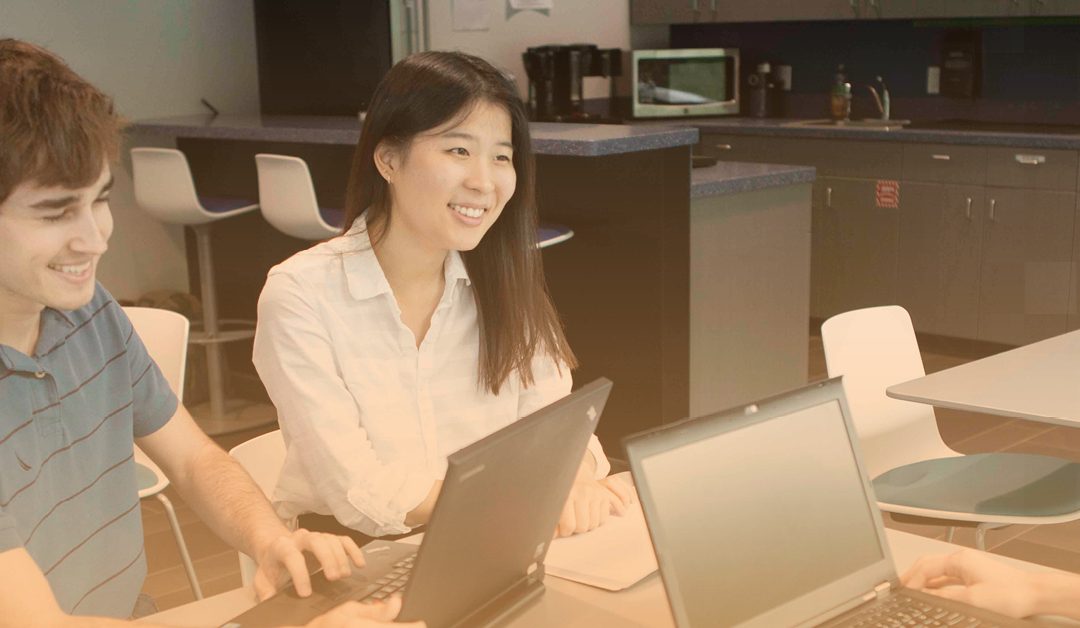
by info-services@infotechinc.com | Jun 18, 2020 | Blog
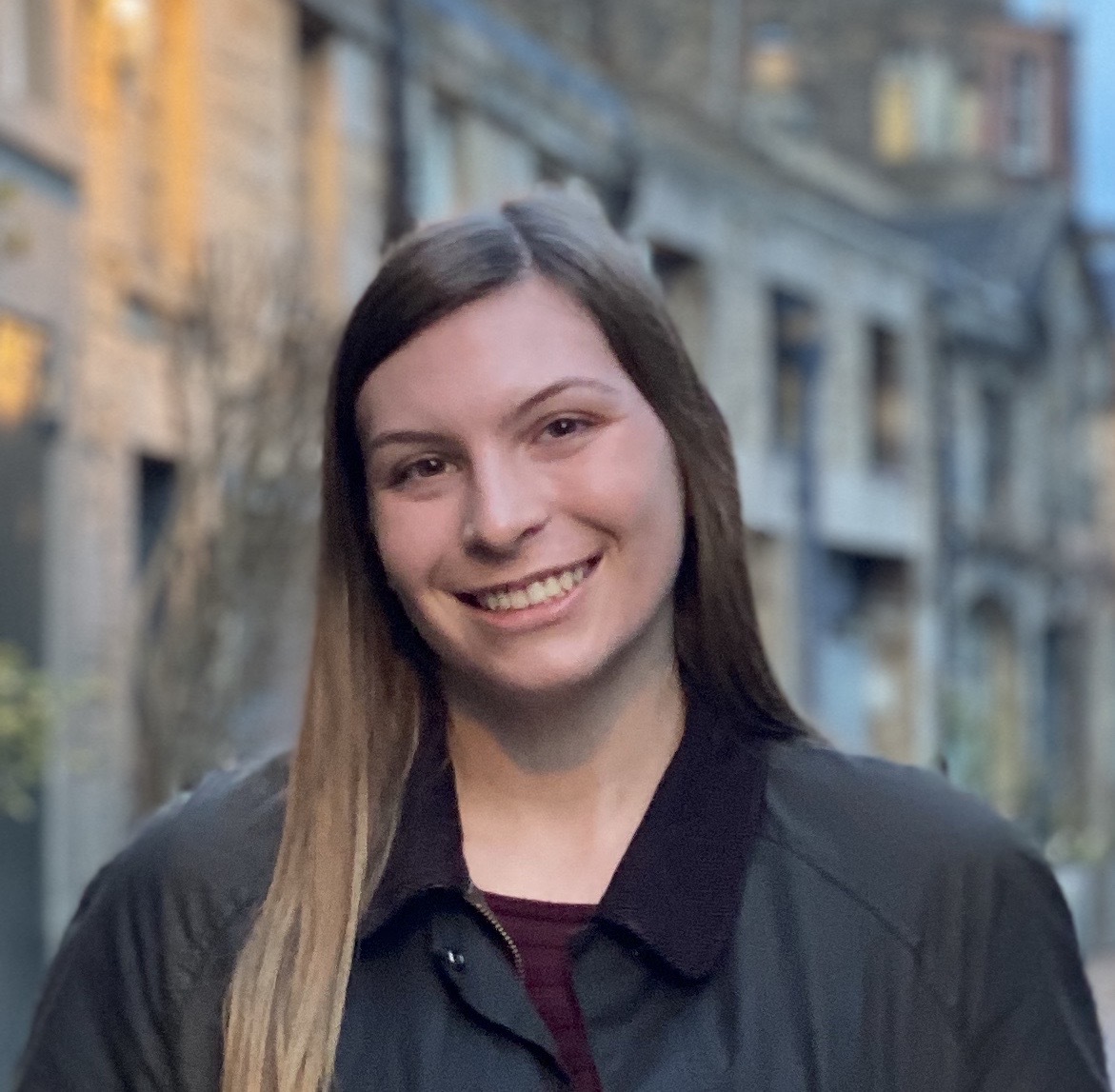 One of Infotech Consulting’s Summer 2020 Interns, Hallie Mille, sat down to answer a couple of critical questions about her academic interests, her internship expectations, and her desired superpower. Check out this interview to get a glimpse of the next generation.
One of Infotech Consulting’s Summer 2020 Interns, Hallie Mille, sat down to answer a couple of critical questions about her academic interests, her internship expectations, and her desired superpower. Check out this interview to get a glimpse of the next generation.
What university are you attending and what is your area of study?
University: Furman
Major: Mathematics/Economics
What drew you to that area of study?
I always enjoyed math growing up, but I never thought I would major in it. Likewise, I had never considered majoring in economics and didn’t even really know what it was all about before coming to college. I took an introductory economics class the fall of my freshman year because it was the prerequisite for a marketing class I wanted to take in the spring semester, as I was interested in exploring an intersection of art and business at the time. I ended up loving the economics class, and that is when I started thinking about majoring in it. I decided to go the route of math-econ instead of econ because I liked the modeling aspect of the field, and math-econ prepares you better for empirical work.
What has been your favorite course outside of your area of study?
While it is recommended for my major, it is technically not required, so I would say my introductory computer programming class where we were introduced to Python was one of my favorites. However, outside of that – and more outside of my area of study – I enjoyed the content of my First-Year Writing Seminar at Furman. We used the representations of prisons in film and television shows as a basis for our assignments, exploring pressing matters in the prison system, such as race and transgender issues.
What are you hoping to gain, learn, or experience during your Infotech Consulting internship?
In just over a week of my internship, I have already read about how econometric skills I have learned in the classroom are applied in consulting’s work. It has been cool to see that connection and how the skills can be used to help people, so I am excited to explore it more throughout the summer. I am also hoping to gain some data analytics experience, particularly with software like SAS.
Do you have any pets? What kind and what are their names?
I have an English Springer Spaniel named Jax!
If you could have a superpower, what would it be?
Definitely teleportation! I actually don’t typically mind sitting in a car, a plane, etc. (except for driving when traffic is stressful), but it would still make it so much faster to go anywhere. Plus, I could travel all over the world without worrying about the expenses of plane tickets. It would even come in handy for the little moments like when I am lying on the couch late at night and need to go to bed but have no motivation to actually get up and walk upstairs. Don’t you wish you could just teleport to bed when you’re tired?!
Share a fun fact about yourself.
Hmm, I have never been great at coming up with fun facts, but one thing is that I am obsessed with women’s soccer, or WOSO as we like to call it. I have been to several very exciting games this past year, including the Women’s World Cup Quarter Final between the US and France in Paris and one of their Victory Tour matches at which I got to sit in the front row near the US bench!
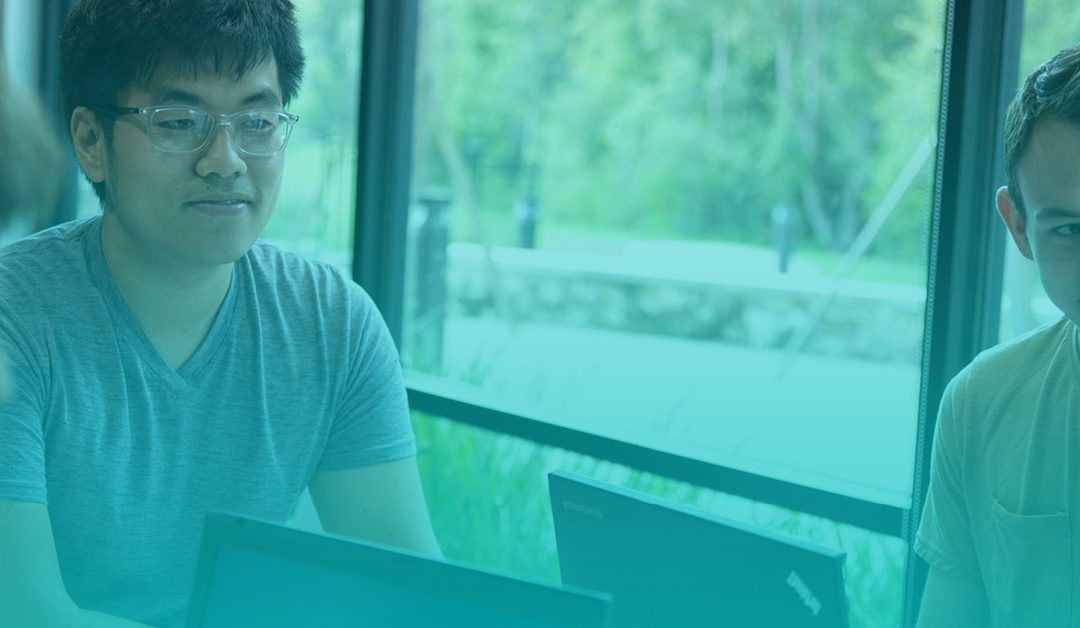
by info-services@infotechinc.com | Jun 2, 2020 | Blog
 One of Infotech Consulting’s Summer 2020 Interns, Alejando Michel, sat down to answer a couple of critical questions about his academic interests, his internship expectations, and his desired superpower. Check out this interview to get a glimpse of the next generation.
One of Infotech Consulting’s Summer 2020 Interns, Alejando Michel, sat down to answer a couple of critical questions about his academic interests, his internship expectations, and his desired superpower. Check out this interview to get a glimpse of the next generation.
What university are you attending and what is your area of study?
University: Florida State University
Major: Statistics
What drew you to that area of study?
The ability to challenge claims, gain foresight with the uncertainty of future events and combine it with other fields like computer vision or speech recognition.
What has been your favorite course outside of your area of study?
Excluding other technical fields, I really enjoy learning other languages. In addition to perceiving new ideas, it helps create instant bonds with diverse people. I like to think of math/stats as a universal language.
What are you hoping to gain, learn, or experience during your Infotech Consulting internship?
I’m looking forward to helping the consulting team with data management and analysis while at the same time increasing my skillset to include econometric modeling. I think the ability to explain results will help deepen my understanding of these concepts, especially in a litigation setting. Additionally, I’m excited to exchange ideas with the other interns as well.
Do you have any pets? What kind and what are their names?
One puppy, her name is Lola and she is a toy poodle!
If you could have a superpower, what would it be?
I would like the ability to draw a perfect circle, because why not?
Share a fun fact about yourself.
I went to an entire school year where I would wake up at 3:00 am and sleep at 6:00 pm. This allowed me to run twice a day on a busy schedule. Nowadays I have more control over my schedule, but I’m still very much an early bird.
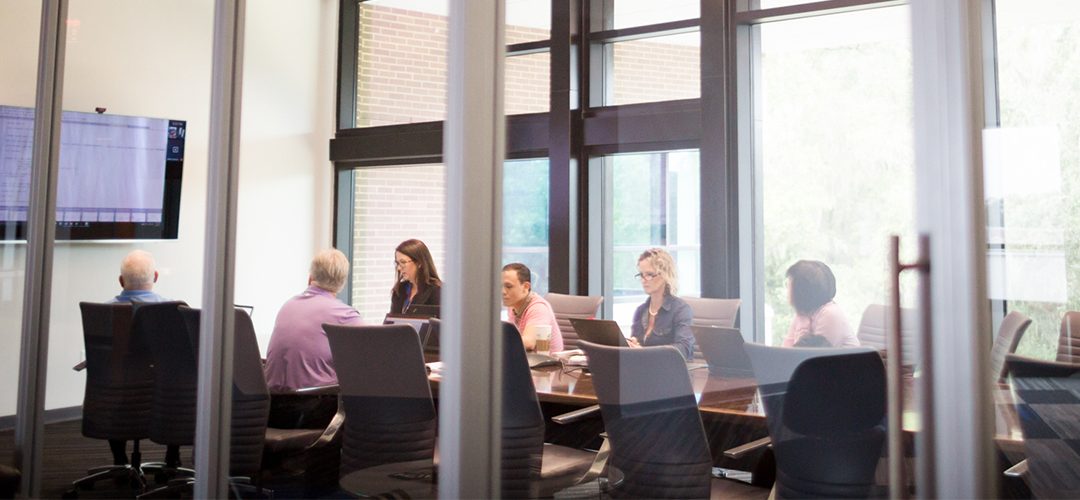
by info-services@infotechinc.com | May 19, 2020 | Blog
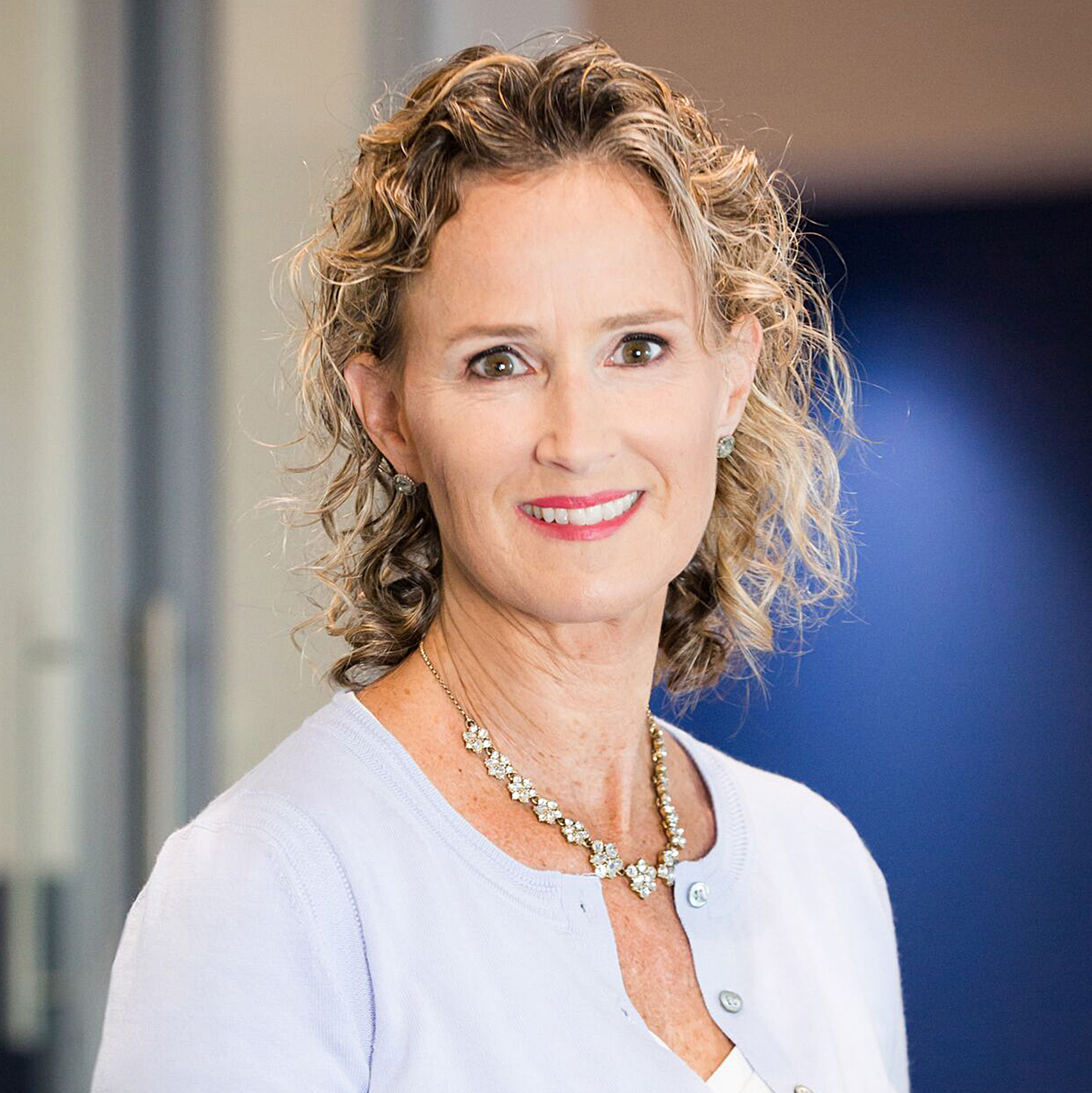 “One of the things that I always smile about is sitting in our conference room with a tremendous deadline looming and an unbelievably stressful situation hanging over our heads and then laughing so hard that I really feel like I’m just going to bust.”
“One of the things that I always smile about is sitting in our conference room with a tremendous deadline looming and an unbelievably stressful situation hanging over our heads and then laughing so hard that I really feel like I’m just going to bust.”
Infotech Consulting is a tight-knit group, often found brainstorming and hard at work together in their team conference room through hurricanes or cloudless days. Shifting to remote interactions hasn’t dampened their productivity or their connection, however, and the laughter is still contagious over Zoom.
As the Director of Case Development for the team, Jodie Newman does something different every single day. Her team handles the industry research and litigation workflow for the statistical, economic, and econometric consultants, which means deep diving into a lot of information on a variety of topics.
“We, as the case development team, need to become experts in industries from capacitors to dental supplies,” she said. “I think one of the skills that I bring to our team is to kind of be the go-between from our group- which is largely statisticians and programmers and analysts – to our clients who are lawyers. I’m a lawyer by training and by education. I speak their language.”
It’s no surprise that Jodie also finds herself assisting clients and teammates with project management, considering her background in human resources – a job she had at Infotech during her first years with the company, before leaving to spend time with her growing family and start a cookie company.
As her children grew, however, she got a call from the Infotech founder and CEO about a new position.
“Jim [McClave] called me one day and said ‘We’ve got a mountain of research. I know you’re baking cookies but wouldn’t you rather come and work directly with me?’ The idea of working on the Consulting team was really appealing to me and so I said sure, I’ll come and I’ll give you five hours a week. A couple of years later that was something that we just laughed about, because my five hours a week of research basically evolved into this full-time position that I think we never really thought that we needed. We all realize now that it’s really critical work worthy of having even a little team – which is the case development team.”
With more casework than ever and a somewhat stressful national situation on the mind, Jodie said she has two hobbies she uses to unwind.
“They’re actually at odds with each other. The first one is I love to exercise. I’m a former aerobics instructor which is how I made some of my money when I was in law school. I have three kids and a husband. It’s mostly the only time that I’m alone,” she chuckled.
 And then there’s her other favorite pastime, cooking and baking, which she’s sharing with her daughter as they experiment with new recipes.
And then there’s her other favorite pastime, cooking and baking, which she’s sharing with her daughter as they experiment with new recipes.
“It’s very difficult not to be eating constantly,” Jodie said.
Balance is everything though, and there are more benefits than just fresh recipes to be gained from foodie television.
“My all time favorite is the Great British Baking Show. Oh my gosh, it is the ultimate calming show. If I’m super stressed or I’ve just finished a report or my family members are off doing something else, I light a candle, I pour a glass of wine and I turn on the Great British Baking Show. It is the best.”
It’s a full life, she said, making memories with her family, their shedding Jack Russell Terrier, Jasper, and her team at Infotech.
“In terms of just fun, fabulous times with the Consulting team, you know, we’re constantly laughing. And under the worst of situations, work-wise in terms of stress, we can laugh about something like having to reward ourselves with a bathroom break after we’ve solved some major issue with our analysis.”
That sense of humor is a part of the culture, she points out, created and upheld by Dr. Jim McClave, the man who started it all.
“I consider myself lucky every day to work with Jim,” Jodie said. “I’m guided by what Mr. Rogers would do and what Jim McClave would do; and, you know, I don’t get to work with Mr. Rogers, but I get to work with Jim McClave.”
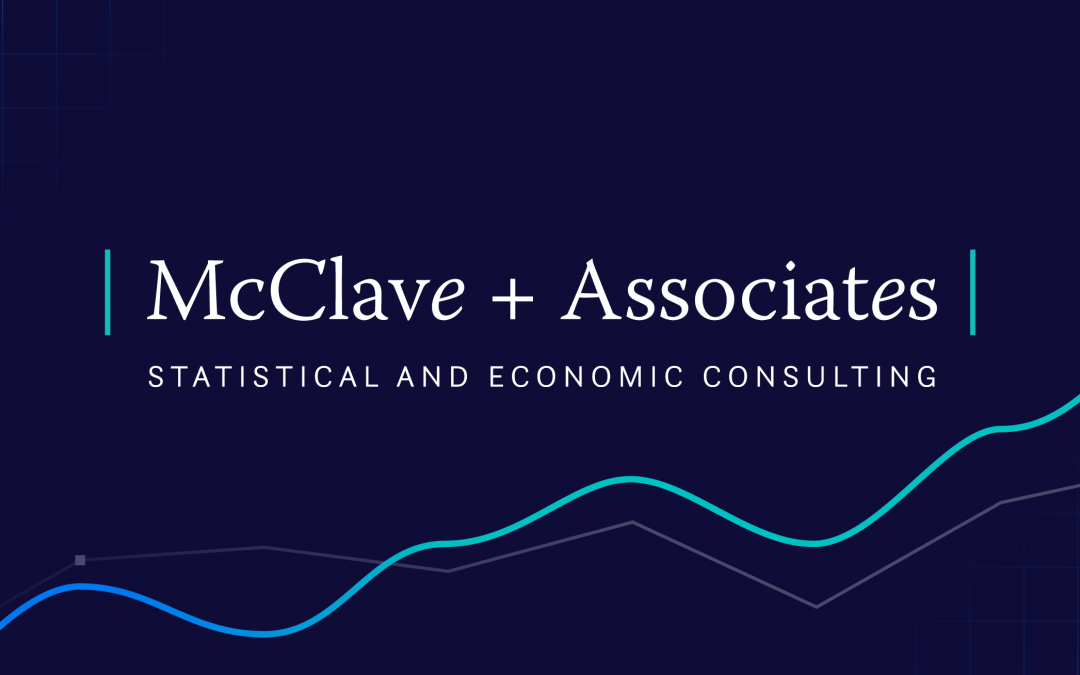
by Janese Nix | Apr 27, 2020 | Blog

Named plaintiffs play an important role in class action cases as they represent an entire group of people who were allegedly harmed by a defendant’s (or defendants’) wrongdoing in a class action. Getting to know your potential named plaintiffs, their data and their role as a player in the industry can add valuable information to the class certification process and bring insights as to the harm potentially suffered by the class in general. Here are three ways to assess valuable information about your named plaintiffs.
1. Industry reports
Finding potentially injured parties and obtaining their data is often a difficult task. In the meantime, obtaining industry reports can offer a firm understanding of how a potentially injured party fits into the industry, supply chain, or competitive environment (which can lead to other potential parties) and help guide the formulation of a solid complaint. For example, identifying the geographical advantage a manufacturer may have over a competitor could explain previously questioned price inconsistencies.
2. Plaintiff Data
Reviewing their purchase history and transaction data can clarify a complaint and give preliminary insights into statistical trends. Early evaluation of potential injury to named plaintiffs in relation to the class as a whole can save substantial challenges and litigation obstacles later and can highlight areas for case development. For example, comparing an individual party’s degree of injury against another plaintiff can give insight into their likelihood of signing-on or opting out. The parties with the greatest injury may be the most likely to pursue an opt-out case. Smaller parties or parties with less injury may be easier to sign on but more challenging to show injury.
3. Potential Benchmarks
All data is insightful data – even when an alleged injury is not immediately apparent. Pause before throwing any data out with the bathwater. When a party is identified but appears to not have been injured, statistically speaking, their data may provide a useful benchmark – an example of how a defendant should have behaved.
Other Questions to Ask
As you get to know your named plaintiffs, some additional questions may help avoid problems down the road: Are the named plaintiffs purchasing products from all product categories? Are they purchasing from all defendants? Are they purchasing during the injury period? Do the named plaintiffs represent all customer types, such as manufacturers, wholesalers, distributors and retailers? Working with your experts to assess your named plaintiffs in relation to the class as a whole will ensure smooth sailing throughout the remainder of the class certification and merits phases of the case.

by Jamie McClave Baldwin | Apr 27, 2020 | Blog

Dr. Jamie McClave Baldwin
In an article enumerating the dos and do nots of statistical significance published in The American Statistician, Dr. Ronald Wasserstein et al. said the following:
“We summarize our recommendations in two sentences totaling seven words: ‘Accept uncertainty. Be thoughtful, open, and modest.’”
Seems like simple advice — applicable to anything and something most people would agree with. So what’s all the fuss and why does this need to be stated by the uppermost authorities in the statistical world?
The heart of that debate goes like this. Many academic journals have long required a study to show statistical significance, associated with a low p-value (typically less than .05) in the results to qualify for inclusion in the journal. This seemed reasonable on the surface — a study needed to show some sort of important effect to be included in the body of knowledge for that field. Unfortunately, this led to abuse. Authors would “p-hack” and manipulate results to get statistical significance in order to get published. So now these academic journals face a conundrum.
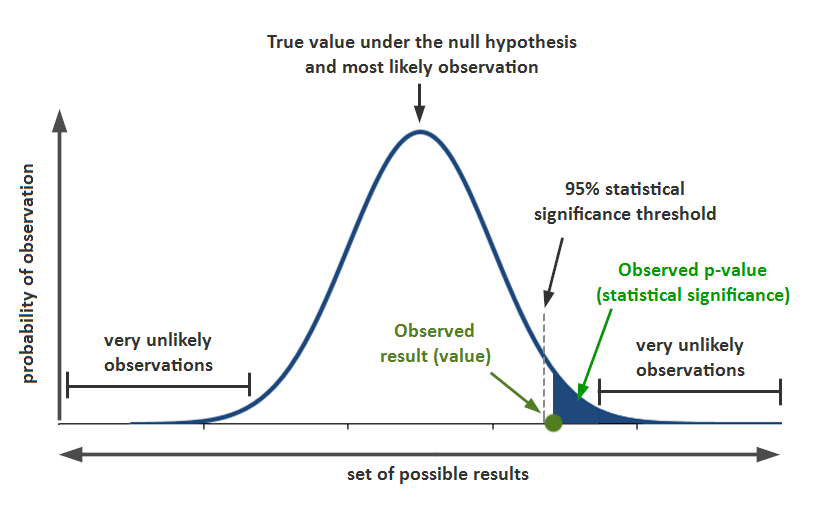 If they drop the statistical significance requirement, do they run the risk of letting in junk science and irrelevant material? Or if they continue the requirement, are they encouraging bad scientific practice, potential false positives, and a myriad of other scientific problems? The answer suggested by the statistics community, and practiced by Infotech since its inception, is that those choices fall into the fallacy of the false dilemma. Neither extreme is right and those extremes are not the only choices. Context is essential; honesty is crucial; and integrity is everything. The statistician is not just a person pressing a magic button that produces mysterious results that only he or she can unlock. Statistics is a toolbox and the statistician is the handywoman.
If they drop the statistical significance requirement, do they run the risk of letting in junk science and irrelevant material? Or if they continue the requirement, are they encouraging bad scientific practice, potential false positives, and a myriad of other scientific problems? The answer suggested by the statistics community, and practiced by Infotech since its inception, is that those choices fall into the fallacy of the false dilemma. Neither extreme is right and those extremes are not the only choices. Context is essential; honesty is crucial; and integrity is everything. The statistician is not just a person pressing a magic button that produces mysterious results that only he or she can unlock. Statistics is a toolbox and the statistician is the handywoman.
Wasserstein’s ultimate advice is right: accept uncertainty. The p-value may shed light on the amount of uncertainty, but it does not eliminate it full stop.
Throwing out p-values as a whole is inappropriate and would disregard hundreds of years of statistical theory. Recognizing that p-values have limitations and must be considered in context – how large is the sample, are the results also practically significant, do other tests confirm the results – is also a necessary part of science. Studying new and improved tools for evaluating hypotheses has its place as well. In the end, if the effect doesn’t reach statistical significance, that may still provide direction for future research or different avenues to travel. It may tell you that you have another statistical problem, such as multicollinearity, too little information, confounded effects, omitted variables. Or it may tell you that there is no relationship between the variables of interest. No news is neither good news or bad news; but it is news.

 One of Infotech Consulting’s Summer 2020 Interns, Hayden Hampton, sat down to answer a couple of critical questions about his academic interests, his internship expectations, and his desired superpower. Check out this interview to get a glimpse of the next generation.
One of Infotech Consulting’s Summer 2020 Interns, Hayden Hampton, sat down to answer a couple of critical questions about his academic interests, his internship expectations, and his desired superpower. Check out this interview to get a glimpse of the next generation.

 One of Infotech Consulting’s Summer 2020 Interns, Hallie Mille, sat down to answer a couple of critical questions about her academic interests, her internship expectations, and her desired superpower. Check out this interview to get a glimpse of the next generation.
One of Infotech Consulting’s Summer 2020 Interns, Hallie Mille, sat down to answer a couple of critical questions about her academic interests, her internship expectations, and her desired superpower. Check out this interview to get a glimpse of the next generation.
 One of Infotech Consulting’s Summer 2020 Interns, Alejando Michel, sat down to answer a couple of critical questions about his academic interests, his internship expectations, and his desired superpower. Check out this interview to get a glimpse of the next generation.
One of Infotech Consulting’s Summer 2020 Interns, Alejando Michel, sat down to answer a couple of critical questions about his academic interests, his internship expectations, and his desired superpower. Check out this interview to get a glimpse of the next generation.
 “One of the things that I always smile about is sitting in our conference room with a tremendous deadline looming and an unbelievably stressful situation hanging over our heads and then laughing so hard that I really feel like I’m just going to bust.”
“One of the things that I always smile about is sitting in our conference room with a tremendous deadline looming and an unbelievably stressful situation hanging over our heads and then laughing so hard that I really feel like I’m just going to bust.”  And then there’s her other favorite pastime, cooking and baking, which she’s sharing with her daughter as they experiment with new recipes.
And then there’s her other favorite pastime, cooking and baking, which she’s sharing with her daughter as they experiment with new recipes. 



 If they drop the statistical significance requirement, do they run the risk of letting in junk science and irrelevant material? Or if they continue the requirement, are they encouraging bad scientific practice, potential false positives, and a myriad of other scientific problems? The answer suggested by the statistics community, and practiced by Infotech since its inception, is that those choices fall into the fallacy of the false dilemma. Neither extreme is right and those extremes are not the only choices. Context is essential; honesty is crucial; and integrity is everything. The statistician is not just a person pressing a magic button that produces mysterious results that only he or she can unlock. Statistics is a toolbox and the statistician is the handywoman.
If they drop the statistical significance requirement, do they run the risk of letting in junk science and irrelevant material? Or if they continue the requirement, are they encouraging bad scientific practice, potential false positives, and a myriad of other scientific problems? The answer suggested by the statistics community, and practiced by Infotech since its inception, is that those choices fall into the fallacy of the false dilemma. Neither extreme is right and those extremes are not the only choices. Context is essential; honesty is crucial; and integrity is everything. The statistician is not just a person pressing a magic button that produces mysterious results that only he or she can unlock. Statistics is a toolbox and the statistician is the handywoman.